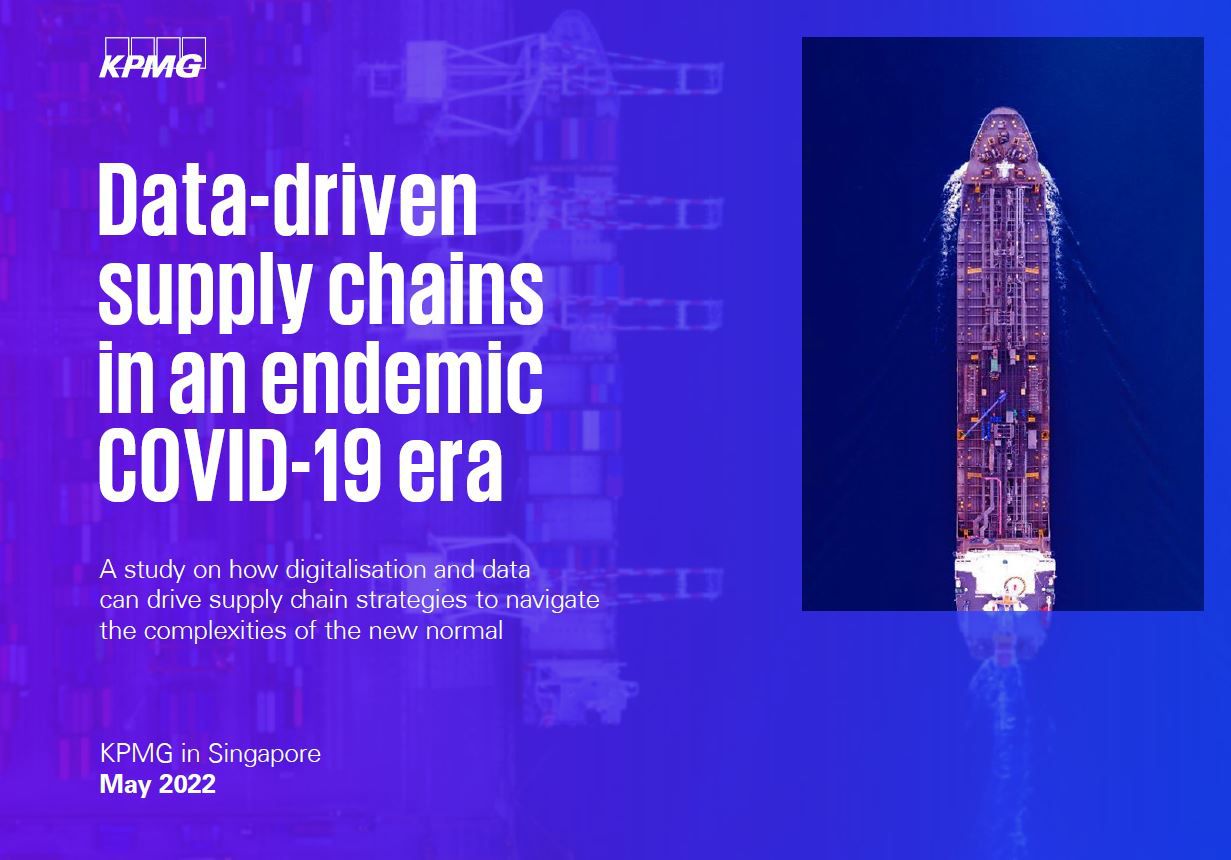Predictive analytics, real-time visibility and improved accountability. Beyond moving products from point to point, supply chains of the future will be leaner, smarter and better connected than ever before.
Destabilised by the COVID-19 pandemic, global supply chains have turned to data and digitalisation to mitigate disruption. Harnessing the power of the Internet of Things and artificial intelligence has paved the way for advanced, intuitive supply management solutions. They help predict bottlenecks, save costs and accelerate incident response, amongst others.
Cognitive decision centres (CDCs) provide companies with enterprise-wide visibility of products, suppliers, distributors and customers. By leveraging critical data, CDCs help identify and predict potential weak points across the supply chain network. This helps improve the human decision-making process, opening new avenues for operational excellence.
In an increasingly unpredictable business climate, companies are constantly finding themselves towing the line between adopting a “just-in-time and “just-in-case” approach to inventory management. Tapping key data insights can help companies determine when to be lean and when to be agile — depending on real-time market and inventory conditions.
With a renewed focus on environmental, social and corporate governance issues (ESG), companies can use data to do good. This could mean analysing data to navigate legalities and other risks during procurement. Beyond sourcing, rising protectionism also means that governments and industries will have to find efficient strategies to secure key assets. Tapping on key data can help optimise and future-proof processes, ensuring greater resilience amidst unprecedented disruptions. The ongoing conflict between Russia and Ukraine has further underscored the need for greater supply chain transparency. Companies will have to remain vigilant.
These were key findings from KPMG in Singapore’s Data-Driven Supply Chains in an Endemic COVID-19 Era report, which highlights the significant role that data and digitalisation will play in creating smart supply chain networks. The report details the benefits of digitalising the supply chain network and underscores its role in helping companies meet their ESG goals while navigating geopolitical uncertainties.






